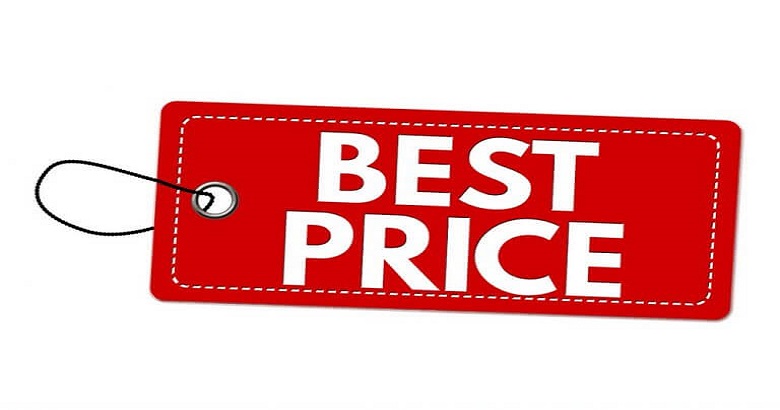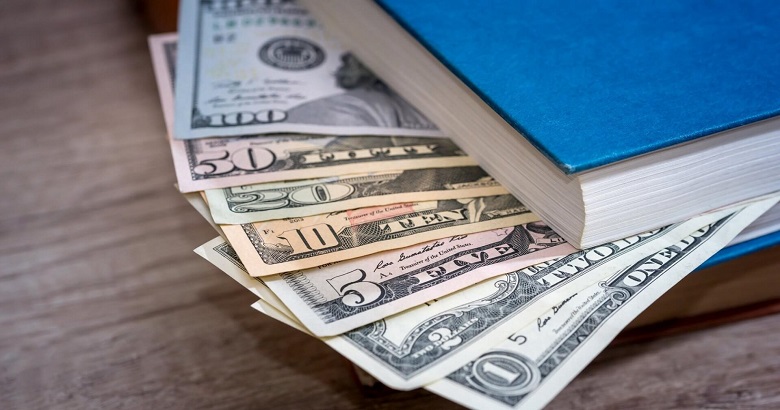Determining a fair price for editing services is crucial for authors, businesses, and students alike. Editing is a multifaceted process with various types, each requiring different skills and time commitments. Let’s understand what constitutes a good cost of editing a book and find out the elements that affect editing rates, the types of editing services available, and how to assess what you should expect to pay.
Types of Editing Services
Before discussing pricing, it’s important to understand the different types of editing:
1. Proofreading
Proofreading is the final stage of editing, focusing on correcting grammatical errors, typos, and formatting issues. It ensures the text is polished and error-free.
2. Copy Editing
Copy editing involves a more in-depth look at the text, addressing grammar, spelling, punctuation, and style consistency. It ensures clarity and cohesiveness.
3. Line Editing
This service goes deeper into the writing, focusing on sentence structure, flow, and readability. It enhances the writing style and ensures the text’s tone and voice align with its purpose.
4. Developmental Editing
Developmental editing involves a comprehensive review of the content, structure, and overall narrative. It’s often used for books and lengthy manuscripts, providing feedback on plot, character development, and pacing.
5. Substantive Editing
Similar to developmental editing, substantive editing involves significant restructuring and rewriting to improve content and presentation.
Each type of editing requires different skills and time commitments, affecting the cost.
Factors Influencing Cost of Editing a Book
Several factors influence the cost of editing services:
Type of Editing
The type of editing you require will significantly impact the cost. Proofreading is generally less expensive than developmental or substantive editing due to the complexity and time involved.
Length and Complexity of the Document
Longer documents naturally take more time to edit, increasing costs. Additionally, complex texts with technical language or specialized content may incur higher fees due to the expertise required.
Turnaround Time
If you need your document edited quickly, expect to pay a premium. Rush jobs often require editors to prioritize your work over others, justifying a higher rate.
Experience and Expertise of the Editor
Experienced editors or those with specialized skills (e.g., legal or medical editing) typically charge more for their services. However, they may offer higher quality and more insightful feedback.
Market Rates
Editing rates vary by location and industry standards. For instance, editing services in major cities might be more expensive than in rural areas due to cost-of-living differences.
Pricing Models for Editing
Editors may charge in several ways:
Per Word
Charging per word is common for longer documents. This model provides clear pricing upfront based on the document’s length.
Per Hour
Some editors charge by the hour, which can be beneficial if the work’s scope is unclear. However, this model might make it difficult to estimate total costs beforehand.
Per Page
Charging per page is typical for academic and legal documents. It’s important to clarify what constitutes a “page,” as formatting can impact page count.
Flat Fee
For certain projects, especially larger ones, editors might offer a flat fee. This can provide peace of mind for clients worried about fluctuating costs.
What Is a Good Price for Book Editing?

A “good” price for editing is subjective and depends on the factors mentioned. However, here are some general guidelines:
- Proofreading: Typically ranges from $0.01 to $0.05 per word.
- Copy Editing: Usually costs between $0.02 and $0.10 per word.
- Line Editing: Can range from $0.03 to $0.15 per word.
- Developmental Editing: Often between $0.04 to $0.20 per word.
- Substantive Editing: Similar to developmental, ranging from $0.04 to $0.20 per word.
Hourly rates may vary widely, from $25 to $100 per hour, depending on the editor’s experience and the work’s complexity.
Price Range Chart
Below is a simple chart summarizing typical price ranges for different types of editing:
How to Determine the Best Price for You
Assess Your Needs
Understand the level of editing your document requires. A simple blog post might only need proofreading, while a novel could benefit from developmental editing.
Research and Compare
Gather quotes from multiple editors to understand market rates. Look for reviews or testimonials to gauge the quality of their work.
Consider Value Over Cost
While budget is important, remember that quality editing can enhance your document significantly. Sometimes, paying a bit more for an experienced editor can provide better long-term value.
Check for Credentials and Experience
Ensure the editor has relevant experience, especially if your document requires specialized knowledge.
Tips for Saving on Editing Costs
- Self-Edit First: Before hiring an editor, do a thorough self-edit to catch obvious errors and improve clarity. This can reduce the time an editor needs to spend on your document.
- Be Clear About What You Need: Clearly communicate your requirements to avoid unnecessary work and costs.
- Plan Ahead: Avoid rush fees by planning your editing schedule in advance.
- Negotiate Packages: If you have multiple projects, negotiate a package deal with your editor for potential discounts.
- Utilize Software: Use grammar and style-checking software to polish your text before sending it to an editor.
Wrapping Up
Determining a good price for editing involves understanding the type of editing you need, the complexity of your document, and the value an editor brings to your work. By evaluating these factors and doing thorough research, you can find an editing solution that fits your budget and enhances the quality of your writing. Remember, investing in quality editing can significantly impact the success and professionalism of your work.
Frequently Asked Questions
1. What factors influence the price of book editing?
The price of book editing varies based on factors such as the type of editing (developmental, copy, or proofreading), manuscript length, the editor’s experience, and the genre. Specialized editing, like academic or technical, may also cost more due to the expertise required.
2. How can I determine if an editing price is fair?
A fair editing price should reflect the editor’s experience, the scope of the work, and industry standards. Comparing rates from different editors and reviewing their previous work can help gauge if the price aligns with their skill level and service quality.
3. Why do some editors charge by the word and others by the hour?
Editors may charge per word for projects with a consistent amount of content or when a clear length is required for pricing. Hourly rates are more common for larger projects where the time investment is less predictable or for more complex developmental edits.
4. Are higher editing rates always better?
Not necessarily. While a higher rate can indicate experience or specialized knowledge, it doesn’t always guarantee the best results for your project. It’s essential to evaluate an editor’s portfolio, client reviews, and editing style before deciding based on price alone.
5. How do editing rates differ for self-published vs. traditionally published authors?
Self-published authors often face higher editing costs since they cover the full editing process themselves without a publishing house subsidizing the expense. However, traditional publishers may provide editing services at a lower rate as part of their contractual agreement with authors.



